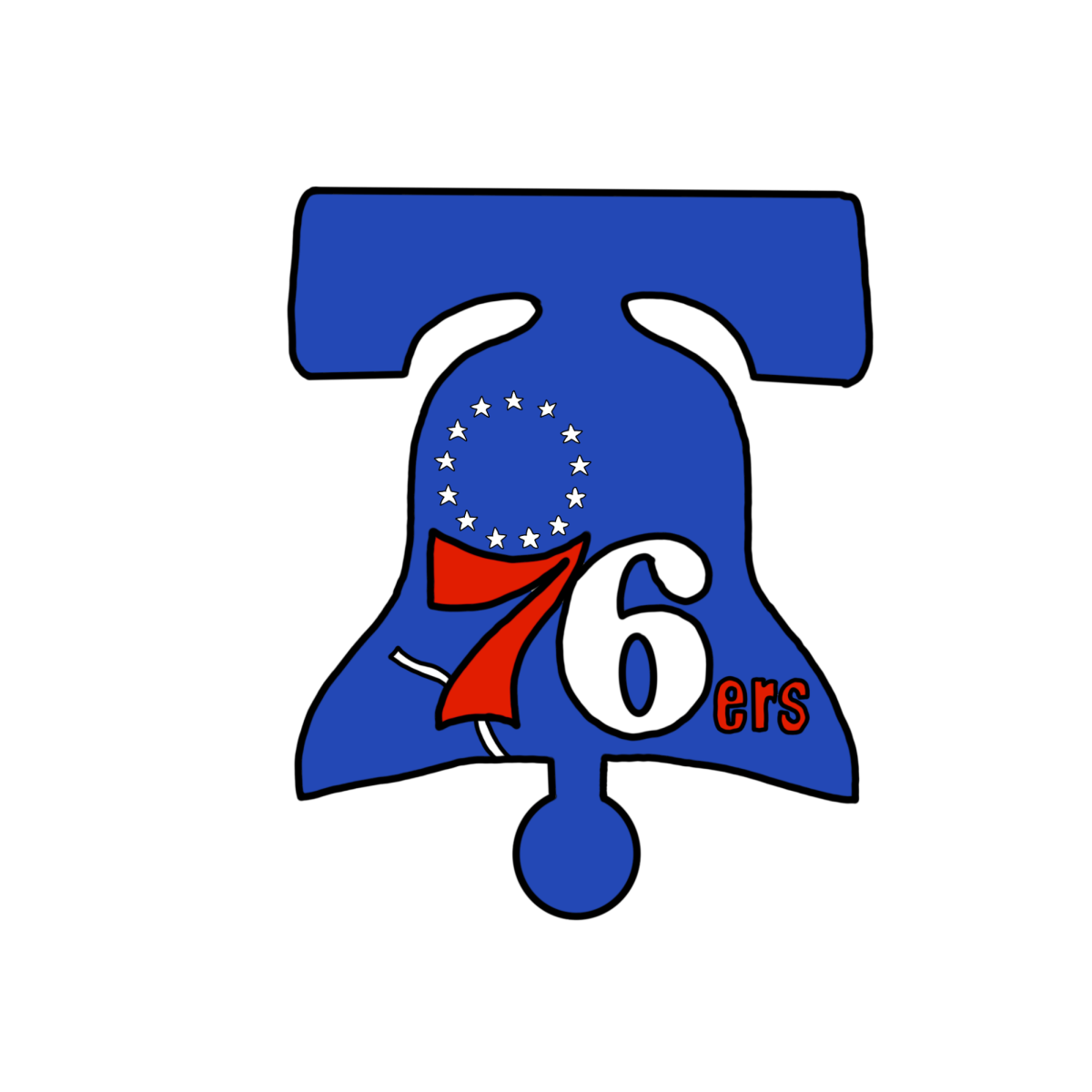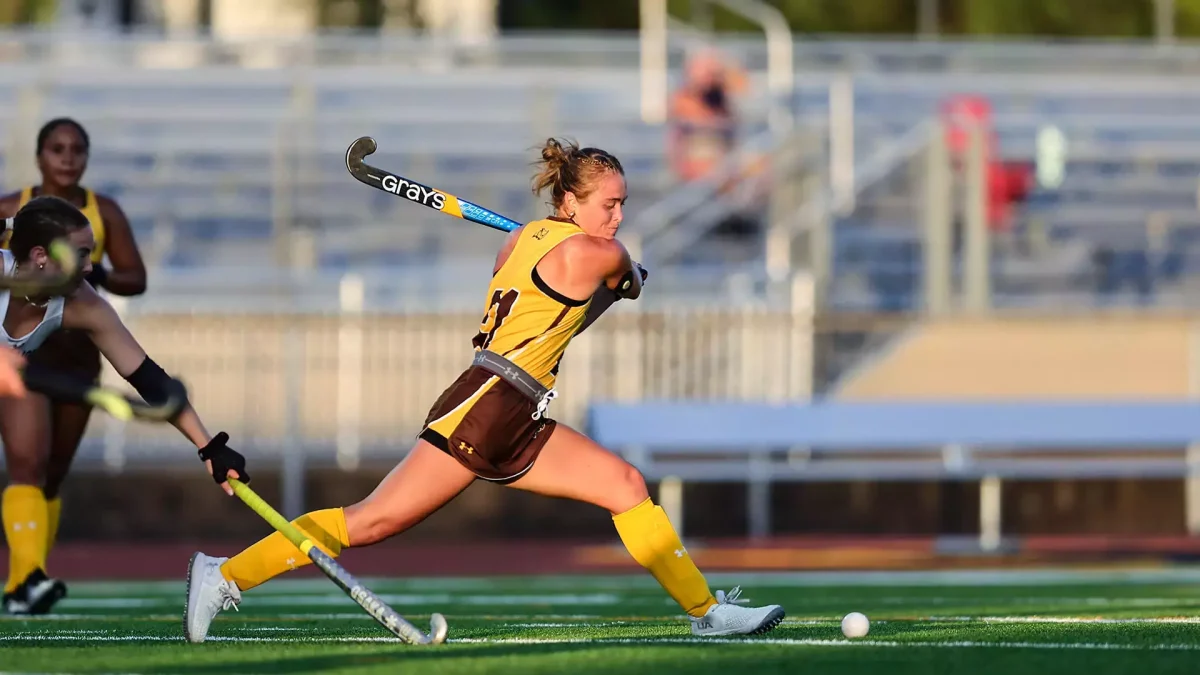During this current era of basketball– say, the last seven years– the Sixers have been the most predictable team in the league. With few exceptions, every year, they win fifty games and lose in round two.
So I’m somewhat happy to say that for the first time in a while, I have no idea what to expect from the Sixers this season. For better or for worse, I think they are the biggest wild card in the entire NBA.
For some, this might be surprising to hear. Philadelphia is entering the season with a roster that is functionally brand new, but that’s something the organization is used to, and all of these players are known quantities. We know who Kelly Oubre Jr. is, we know what Andre Drummond is here to do, and we know how Eric Gordon functions in an offense. In terms of pure talent, the Sixers have one of the best role-player rotations in the league, who are all proven inning-eaters. However, I’m not convinced that older players like Gordon and Drummond can make notable contributions in the playoffs.
The Sixers’ most important new player is superstar forward Paul George, who is expected to be the last piece of Philly’s championship puzzle. And George’s postseason track record is interesting.
During the first leg of his career, he made the Indiana Pacers one of the few teams in the Eastern Conference to earnestly challenge the LeBron James-era Heat. He has had some bad performances, most often against the Dallas Mavericks, but he has never “choked,” or been bad to the point of being the sole person to blame. The worst moment of his career was the Nuggets series in the bubble, but blowing that 3-1 lead was a team effort. And the very next year, Paul George carried the Clippers to the conference finals, practically by himself. Suffice it to say that I will not be surprised by whatever he does in April.
I’m only slightly less concerned about Tyrese Maxey. I had very few tangible criticisms of his All-Star season last year, but I thought the fanbase was being too forgiving of his shortcomings when they did pop up. He regularly put up bad shooting splits, wasn’t a skilled enough playmaker, and occasionally shrunk from his responsibility. When Maxey was asked to win just enough games to put us in the right position for the playoffs, he couldn’t do it. Nobody expected him to be ready to carry a team by himself, so I don’t hold last year against him at all. But if he looks the same this season, and doesn’t take a massive leap like he’s done so many times before, I don’t think he’ll be good enough to be the lead guard on a championship team.
Which brings me to Joel Embiid, the most significant question mark. We’ve arrived at new territory in his career, in a way I’m really taken aback by. It’s been clearly telegraphed that he is not going to play as many games in the regular season. For a player who’s missed as much time as he has, I’m shocked that he’s on board with this load management plan.
I’m also confused as to why it’s necessary. Joel is hurt in the playoffs every year, but these aren’t wear-and-tear injuries. They’ve mostly been freak accidents and collisions with other players. It’s been labeled as “knee injury management,” but why does he need 82 games of strategic recovery for an injury with a four-to-eight-week recovery period? And why was he able to play through it in the 2024 playoffs and Olympics with little issue? Keep in mind that the team has clarified that he has not injured it again, or faced a setback in any way.
Load management is something that the league has explicitly tried to legislate out of the game. It’s one thing for stars to actually be hurt and simply unable to play, but I’m over players “resting,” “ramping up,” and dealing with “soreness.” The league has every right to hate this, and I have no problem with them enforcing certain policies against it. You can’t fight city hall, and the Sixers shouldn’t try to.
We have seen many teams “not care about the regular season.” I can think of very few that have done anything notable. With plenty of flukey exceptions, most deep playoff teams have been top seeds in their conference, or have had stretches during the regular season where they were dominant and formidable. You need to win a lot of basketball games to win the basketball championship– I can’t believe this needs to be said out loud.
All of this surrounds the obvious, uncomfortable truth: Joel Embiid wants to play fewer games. This is not me reading into things, he has directly verbalized this: “If I had to guess, I would probably never play back-to-backs the rest of my career.” How are we supposed to interpret that quote?
And how does Nick Nurse feel about all of this? He said last year that they wanted Joel to play more. Obviously, the circumstances have changed, but is he equipped for this? Because I don’t know if he’s the right “load manager,” so to speak. He’s not particularly creative and isn’t comfortable as the underdog. He can beat the brakes off of other teams when everyone’s healthy, but can’t be relied on to out-scheme his opponent while being undermanned. This might seem like an unfair expectation, and I don’t know if there’s a way to fix this from an X’s and O’s perspective, but if Joel isn’t playing as much, then this will be a serious problem.
So, to recap: the Sixers’ bench is great, but old. They may have the best big three in the league, but there are legitimate reasons to doubt them. Nick Nurse is an excellent coach, but he can’t solve everything. I just don’t know what Philadelphia is going to do.
Of course, I could be overthinking it, and they could just win fifty games and lose in round two again. But until that happens, I’ll take an odd comfort in the unpredictability.
For comments/questions about this story DM us on Instagram @TheWhitSports or email [email protected]
























































































































































!["Working with [Dr. Lynch] is always a learning experience for me. She is a treasure,” said Thomas. - Staff Writer / Kacie Scibilia](https://thewhitonline.com/wp-content/uploads/2025/04/choir-1-1200x694.jpg)










































